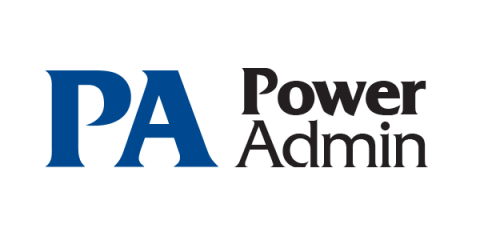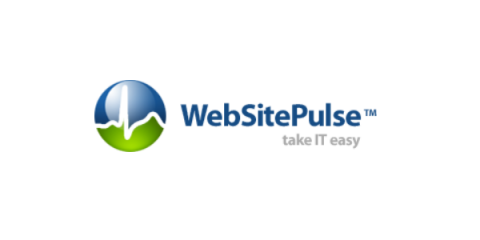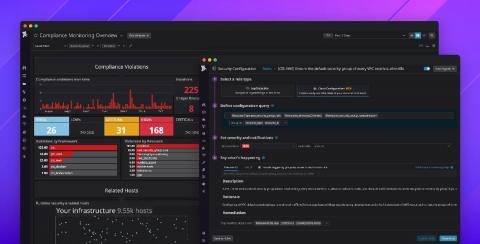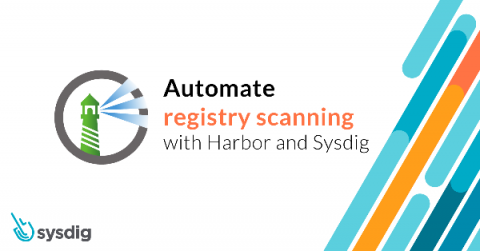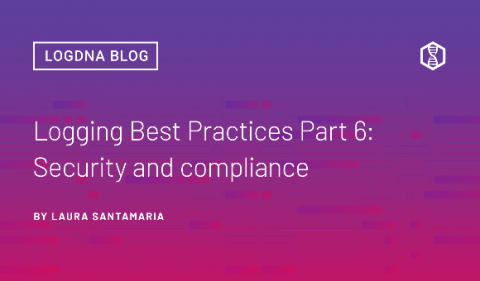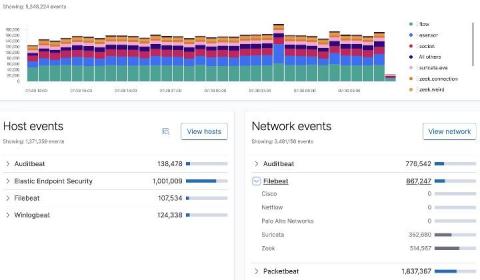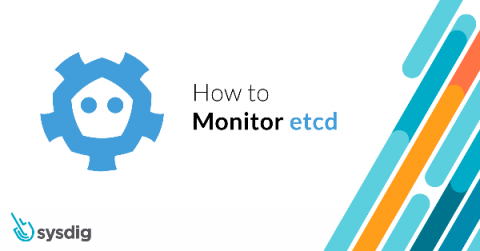7 Tips to Prevent Ransomware
Ransomware is a malicious type of software that’s used to extort money from victims. It almost always promises to restore the data it encrypts or the operating system it locks, in exchange for a large sum of money. Networks seem to face threats from all directions, but there are ways to prevent malware attacks. Specialized software can protect your assets. In addition, there are other steps you can take to strengthen your ransomware prevention best practices.


